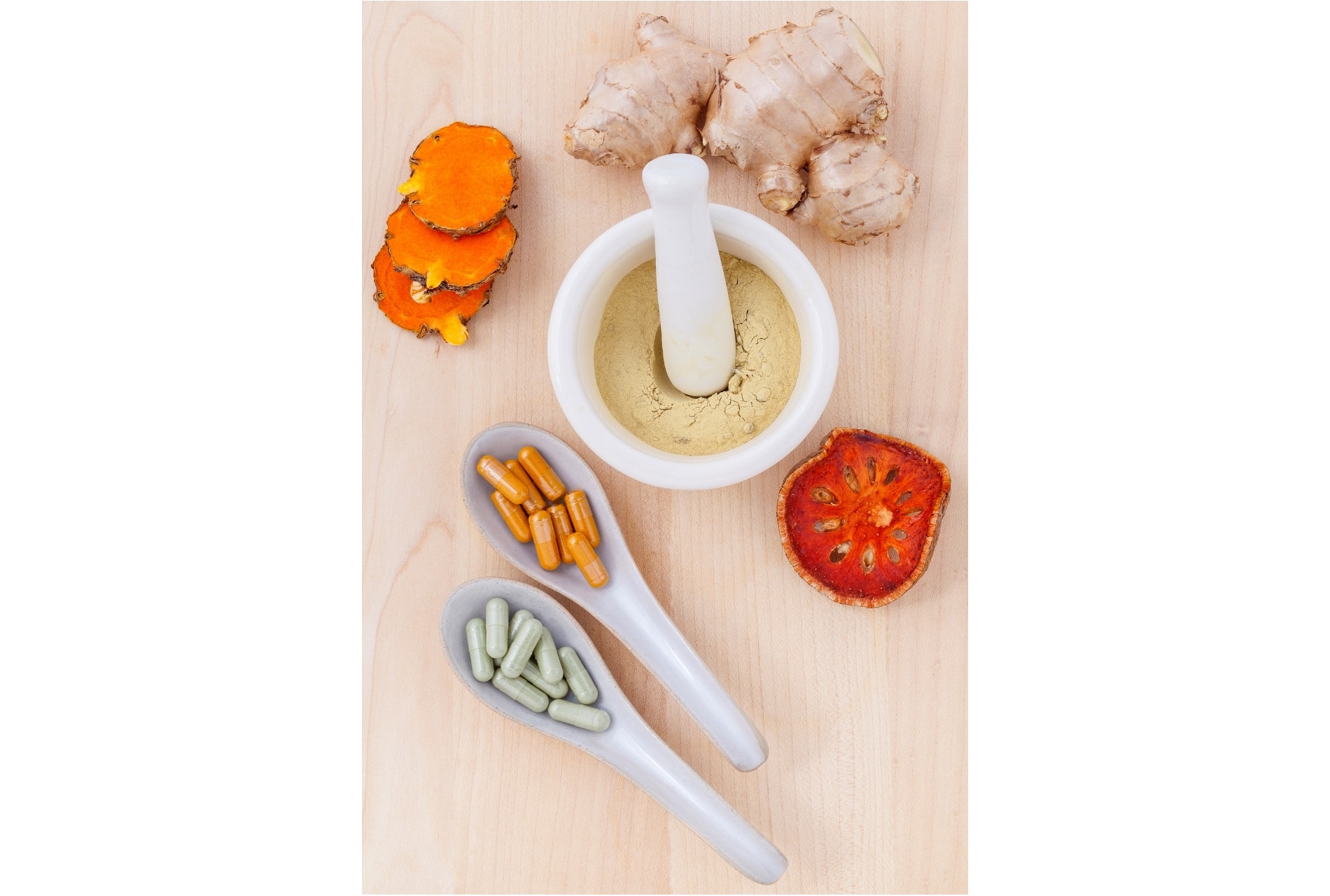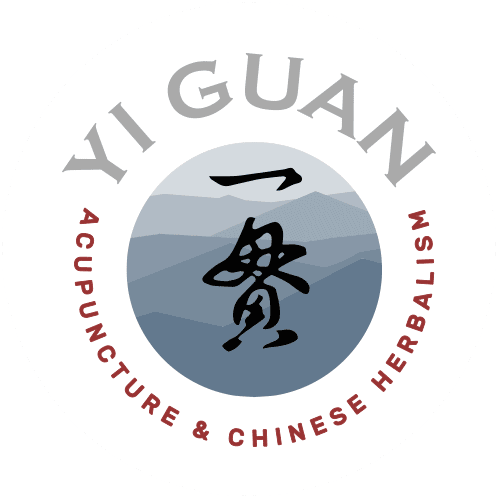FAQ

Common Questions – Herbalism
Here are answers to the frequently asked questions Austin herbalist Dr. Perez gets about Chinese herbal medicine. If your question is not below, please ask Dr. Perez and he will get back to you promptly with the answer.
> HOW DOES CHINESE HERBAL MEDICINE DIFFER FROM OTHER MEDICINES?
Chinese herbal medicine consists mostly of plant-based preparations (with some animal and mineral sources) that contain a wide array of chemical substances, each with varying degrees of biochemical activity and concentration. Conversely, pharmaceutical medicines are laboratory created single compounds with a specific biochemical activity and concentration. While sometimes the focused approach of a pharmaceutical medicine is exactly what is needed (like insulin for diabetics or antibiotics for bacterial infection), other times the broad general effects found in herbal formulations are a better solution to deal with what ails the body. Moreover, Chinese herbal medicine can be customized. The combination of herbs that compose a formula can be changed, removed, or replaced on a case-by-case basis, making the formula work with greater specificity on different patients.
> WHAT HERBS ARE USED IN TRADITIONAL CHINESE MEDICINE?
There are hundreds of different substances in the Chinese herbal tradition. Many are familiar to modern Westerners, including ginger, cinnamon, turmeric, cardamom, walnuts, mint, chrysanthemum, and seaweed. Other herbs, while not common in the West, are still generally known to Westerners, like renshen, also called ginseng, or huang qi, also known as astragalus. And popular interest today in plant medicine as wells as nutraceuticals is bringing attention to even more substances that have been in the Chinese pharmacopeia for centuries, like burdock root, licorice root, and skullcap.
> WHAT CONDITIONS CAN CHINESE HERBAL MEDICINE TREAT?
Though acupuncture is the modality of Chinese medicine most known in the modern West, in every other time and place, Chinese medicine has been predominantly about herbalism. And since, along with acupuncture, it was the only system of medicine for all of China’s lengthy dynastic era, Chinese herbalism has been honed to treat a full spectrum of medical issues. There are formulas that treat acute and chronic pain, allergies, common colds, and general inflammatory issues. There are formulas that treat gastrointestinal issues, including acid reflux, indigestion, diarrhea, and constipation. And there are formulas geared towards hormone regulation, as well as endocrine balance and regulation, to help people with thyroid, gynecological, and urological issues, and even help those with early type 2 diabetes.
> DO CHINESE HERBS WORK FOR WEIGHT LOSS?
Chinese herbs can certainly help with weight loss journeys, most significantly in helping remove whatever barriers to weight loss the patient is facing. Read our full article on how Chinese herbs can help with weight loss.
> DO CHINESE HERBS WORK FOR INSOMNIA?
Chinese herbs are very helpful for insomnia. Not only are there herbs that work similar to lavender or valerian root, which can induce a drowsy feeling, Chinese herbalism can also get to the core issues that are causing insomnia, such as “clearing heat” and “settling the shen”. Read the full article on the Chinese medicine approach to insomnia.
> DO CHINESE HERBS WORK FOR ANXIETY?
Chinese medicine offers solid options for managing stress and other emotional issues. There are many patterns that lead to stress, anxiety and other emotional issues. Chinese herbalists have a wide range of herbs and formulas at their disposal. And because of this, they can find the right mix to address the exact pattern of stress and anxiety the patient is feeling. These treatments go very well with specific acupuncture protocols, as well as proper mind-body and meditation techniques.
> HOW QUICKLY DO CHINESE HERBS WORK?
Depending on the condition, some herbs or formulas can begin to work within minutes. For example, teas for headache, nasal congestion, and certain types of anxiety symptoms often work this quickly. And while treating conditions that result from excess have usually rapid results, conditions resulting from some type of deficiency can take time. To build back up from a deficiency, the nourishing formulas sometimes need to be taken for many weeks before the patient sees sustained results. But based on experience, even with treating deficient conditions the patient notices a difference usually within three to five days.
> HOW LONG WILL I NEED TO TAKE CHINESE HERBS?
This will mainly depend on the ailment, as well as your general state of health. Some formulas are meant to be taken until symptoms recede, which might be only two or three doses. Others need to be taken for a number of weeks to permanently build back up from a deficiency. And still other herbal formulas are specifically for long term use, such as morning supplements for anti-aging, stress relief, and health optimization.
> HOW LONG DO CHINESE HERBS STAY IN YOUR SYSTEM?
The use of herbs for medicinal purposes, though a common practice for thousands of years in the East, is a new practice to modern Western science. Certain aspects of them have yet to be studied. How long Chinese herbs stay in a human’s system, known technically as the compound’s half-life, is one such aspect. And because they are natural, unlike Western pharmaceuticals which are manufactured, Chinese herbs are composed of many substances, each of which has a different half-life. But all that aside, the dosage of a formulae, perfected over time by astute herbalists monitoring their patients, gives a reliable indication of how long Chinese herbs stay in a patient’s system. If one needs to take a formulae two to three times a day, this implies that the herbs only stay in the system for that length of time. In this, then, Chinese herbs are similar to Western pharmaceuticals as to how long they generally stay in your system.
> CAN CHINESE HERBS INTERACT WITH MEDICATIONS?
Chinese herbs can certainly interact with medications. Usually this amounts to either the herb or the medication modulating the liver metabolism and kidney clearance of these drugs, requiring closer attention to dosing. Other times they can have opposing effects, decreasing each others effectiveness. Sometimes the herbs and drugs have synergizing effects, such as blood moving herbs and anti-coagulants, which for some conditions can cause some problems. Herb-drug interactions are an important part of the modern Western trained Chinese medical practitioner. Great care is taken to ensure there are no unwanted or adverse interactions between herbal remedies and any medications the patient might also be on. All pharmaceuticals and supplements taken by the patient are cross referenced with each prescribed herbal formula in the most current literature to ensure that there are no contraindications or negative interactions.
> CAN YOU TAKE CHINESE HERBS AND ANTIBIOTICS?
Yes. It is even sometimes helpful to be on both. Formulas and herbs can be prescribed alongside antibiotics both to aid in functioning, as well as help mitigate certain unwanted side effects.
> CAN CHINESE HERBS CAUSE LIVER DAMAGE?
Certain Chinese herbs have been shown to cause damage to the liver and others to the kidney. These days, however, qualified herbalists would not use those particular herbs but use instead equivalent ones that are non-toxic to the liver and kidneys. Even so, some of these herbs, especially when written in English, have the same name as safer more widely used herbs. This is why Chinese herbs, just like Western pharmaceuticals, should only be taken under the supervision of a qualified licensed professional.
> IS IT SAFE FOR CHILDREN TO TAKE CHINESE HERBAL MEDICINE?
Yes. There is a long tradition of pediatric herbalism. In fact, some of the more commonly used formulas given to adults started use as pediatric formulas.
> WHERE DO YOU GET YOUR HERBS?
Yi Guan only works with highly reputable distribution companies. These companies are based in the United States and source their herbs locally as well as internationally using the highest manufacturing practice standards. We also do not work with anyone that sources herbs in a way that impacts endangered species or uses unsustainable harvesting practices. Follow the links below to read more about the quality assurance and control practices of our suppliers.
Evergreen Herbs & Medical Supplies, LLC.
Mayway Corporation
KPC Herbs
Crane Herb Company
Who is Dr. Perez?
Dr. Dan Perez is both a Western-trained physician and a graduate of the AOMA Graduate School of Integrative Medicine. Based in Austin, Texas, AOMA is recognized as one of the leading schools in Chinese Medicine. Being both an expert in Western medicine and Chinese medicine, Dr. Perez offers his patients natural, minimally invasive and integrative medical options for treating a variety of chronic medical conditions.
